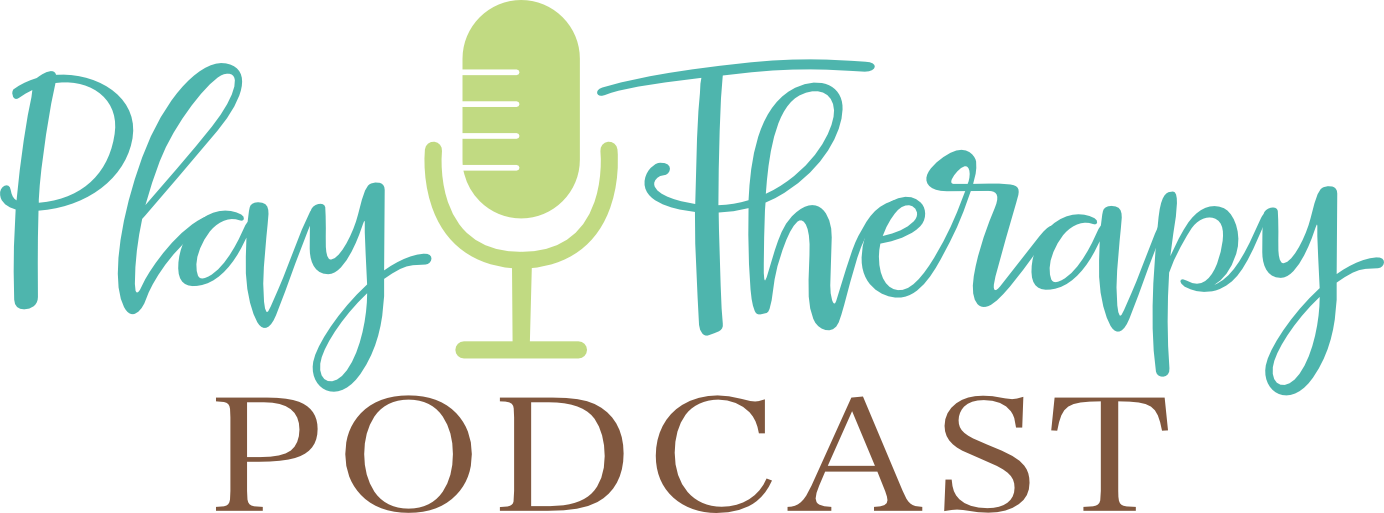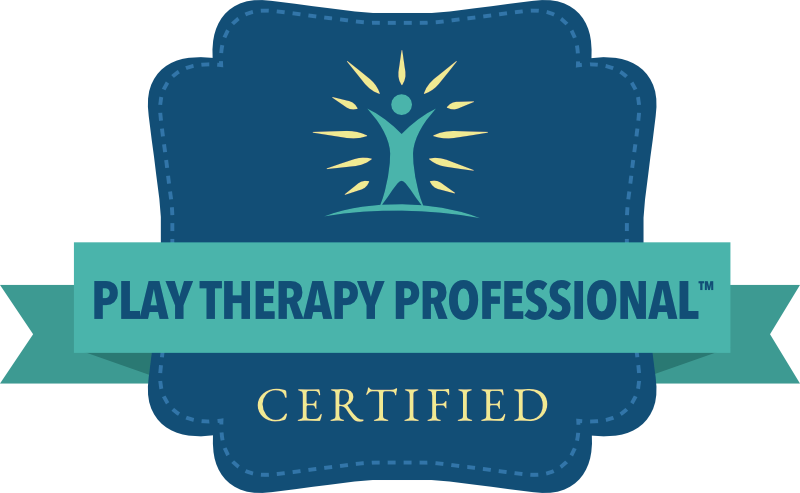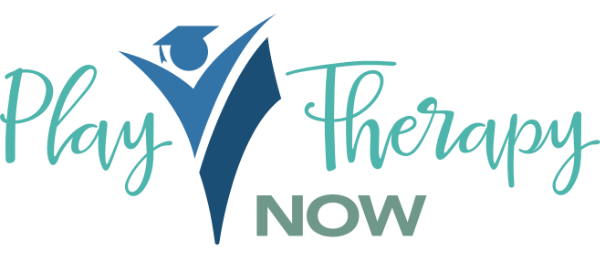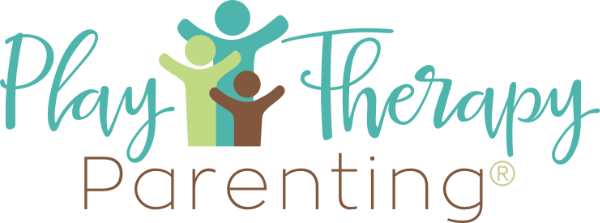Why Child-Centered Play Therapy Works for Every Child: The Evidence to Navigate Skepticism
In this episode, I address a question from Barbara in California about how to explain to others that child-centered play therapy can work for any child. This is a crucial topic because it helps justify our work and the effectiveness of the child-centered model. Barbara shares her experience at a California agency where her supervisor initially supported her interest in child-centered play therapy but now suggests incorporating other methods, claiming child-centered doesn’t work for every client. However, Barbara hasn’t been given specific examples of when child-centered wouldn’t be suitable. I emphasize the importance of understanding and articulating the efficacy of child-centered play therapy to others, especially when faced with skepticism. I recommend using evidence-based resources such as the book “Child-Centered Play Therapy Research” edited by Jennifer Baggerly, Dee Ray, and Sue Bratton, which provides empirical evidence supporting the effectiveness of child-centered play therapy across various populations. Additionally, I discuss the challenges of switching between therapeutic models and the importance of maintaining consistency and trust in the child-centered approach. I also debunk the notion that child-centered play therapy is easier or less clinically driven, highlighting its depth and long-term benefits. Overall, I encourage Barbara and other practitioners to trust in the evidence and confidently advocate for the child-centered model.
Episode specific reference:
Baggerly, J. N., Ray, D. C., & Bratton, S. C. (Eds.). (2010). Child-centered play therapy research: The evidence base for effective practice. John Wiley & Sons, Inc..
Podcast HQ: https://www.playtherapypodcast.com
Play Therapy Training HQ: https://www.playtherapynow.com
APT Approved Play Therapy CE courses: https://childcenteredtraining.com
Email me: [email protected]
Follow me on Twitter: @thekidcounselor https://twitter.com/thekidcounselor








